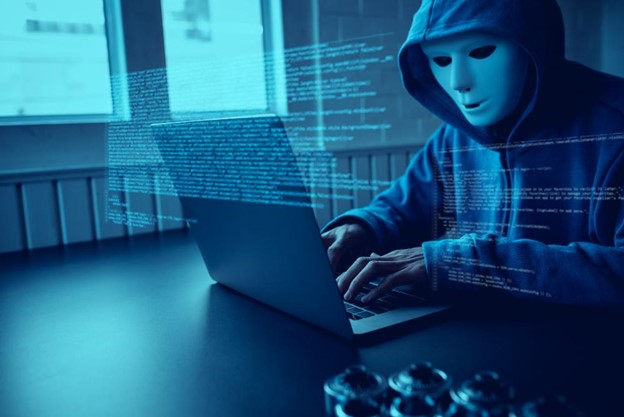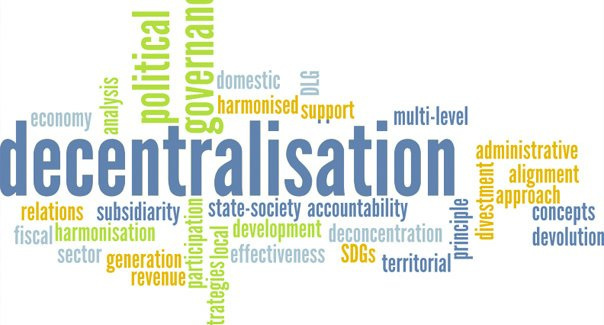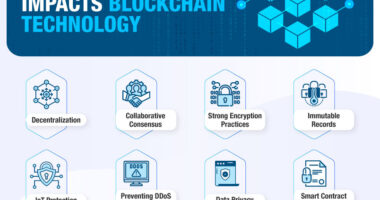In an era where data breaches and cyber threats loom over organizations like a dark cloud, the quest for robust security training programs has never been more critical. Enter blockchain technology—a disruptive force that promises to revolutionize the way we approach not only security but also the very structure of training itself.
Imagine a decentralized, immutable ledger that meticulously tracks every interaction and transaction in real-time, providing an unprecedented level of transparency and accountability. This innovative framework not only enhances the integrity of training materials but also fosters a culture of trust among participants.
As organizations seek to shield themselves from the ever-evolving landscape of cyber threats, integrating blockchain into security training initiatives emerges as a formidable strategy, marrying cutting-edge technology with the pressing need for effective learning and engagement. Through this exploration, we delve into the transformative impact of blockchain, highlighting how it empowers organizations to not just educate but to cultivate a new generation of security-savvy individuals equipped to tackle the challenges of today and tomorrow.
The Importance of Security Training in Today’s Digital Landscape
In an era where digital threats evolve at an unprecedented pace, robust security training has emerged as a cornerstone of organizational resilience. The advent of sophisticated cyberattacks—ranging from phishing schemes that exploit human psychology to ransomware that paralyzes critical systems—underscores the necessity for continuous education and awareness.
Security training today transcends basic compliance; it cultivates a culture of vigilance and adaptability, empowering employees to recognize threats and respond effectively. As organizations increasingly harness cutting-edge technologies like blockchain to bolster security protocols, the integration of real-time, immersive training programs becomes vital.
These programs not only enhance the understanding of security principles but also foster an agile mindset, enabling teams to stay one step ahead in a landscape defined by its complexity and unpredictability. Ultimately, investing in comprehensive security training is not merely a strategy—it’s an imperative for safeguarding our digital future.
Decentralization: Reducing Risks of Centralized Control in Security Training
Decentralization is a game-changer for security training programs, fundamentally dismantling the vulnerabilities associated with centralized control. Traditional systems often suffer from a single point of failure—be it a data breach or a disruptive policy change, the ramifications can ripple far and wide.
By leveraging blockchain technology, training platforms can distribute data across a network of nodes, fostering resilience and accountability. Each participant’s contribution is encrypted, immutable, and transparently recorded, making unauthorized alterations nearly impossible.
This democratization of information not only mitigates risks but also enhances collaboration, ensuring that knowledge sharing occurs organically, without the bottlenecks of hierarchical structures. Ultimately, a decentralized approach transforms security training into a collective endeavor, where the integrity of the program is upheld by the very participants it serves.
Future Trends: The Role of Blockchain in Evolving Security Education
As we look ahead, the integration of blockchain technology into security education is poised to revolutionize the landscape of training programs. Imagine a world where every interaction in an educational setting is recorded on an immutable ledger: students’ achievements, certification validations, and even collaborative projects are transparently logged and verifiable.
This not only enhances the credibility of security training but also fosters trust among participants and employers alike. Furthermore, the decentralized nature of blockchain could lead to the emergence of collaborative training networks that empower institutions and experts globally to share resources and insights without the fear of data manipulation.
With customized learning pathways driven by smart contracts, learners can experience tailor-made educational journeys that adapt to their skills and progress. The convergence of these elements promises not just enhanced security in education but a profound shift in how knowledge and credentials are perceived and validated in an increasingly digital world.
Conclusion
In conclusion, the integration of blockchain technology into security training programs represents a transformative advancement that enhances both the efficiency and effectiveness of these initiatives. By providing a secure, transparent, and immutable record of training activities and certifications, organizations can ensure the integrity of their training processes, thereby fostering greater trust and accountability.
Institutions like Pacific West Academy are already pioneering this integration, offering cutting-edge training solutions that harness the power of blockchain to protect sensitive data and verify the credentials of their trainees. As the cybersecurity landscape continues to evolve, leveraging blockchain will be essential for organizations aiming to stay ahead of threats and ensure that their workforce is equipped with the latest skills and certifications.
This innovative approach not only strengthens security training programs but also sets a new standard for excellence in the field.







